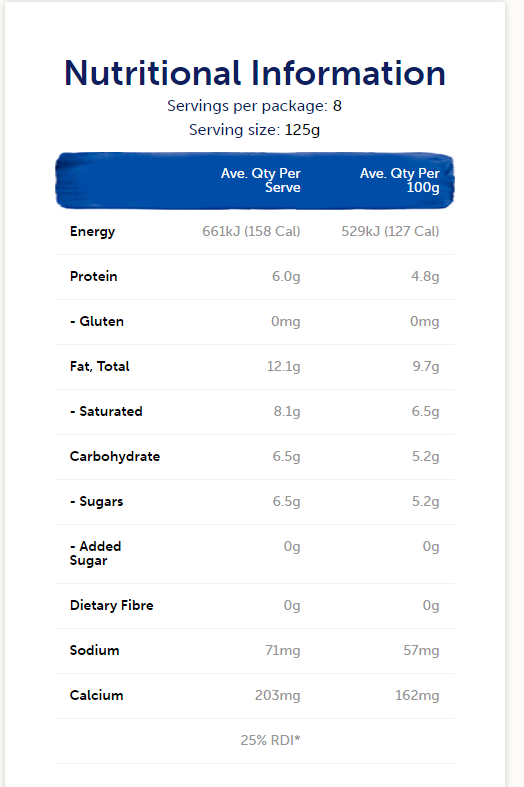- May 8, 2007
- 48,686
- 71,373
- AFL Club
- Richmond
- Banned
- #4,101
Excess is explained above, it's pooled and held onto in the liver, and if you aren't low carb more would be stored as the liver works much harder on a low/lower carb diet.Ok what if you aren't low carb?
And what happens to the excess protein once we hit the 30g/40g limit?
not being a smartarse.....genuinely interested, i won't pretend i know a whole lot of sciencey stuff!
Also i just finished watching the Layne Norton video above and he says exactly the same thing, its all pooled (stored) but 30-40g is the max out figure in one sitting for the average healthy male.





